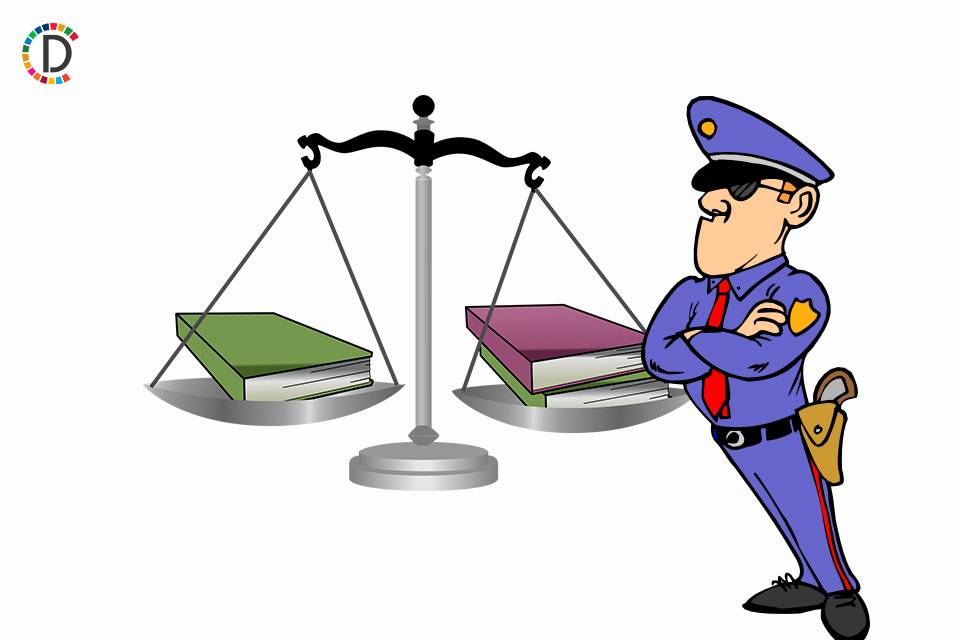Supreme Court Upholds Madrassa Law in Uttar Pradesh
The Supreme Court validated Uttar Pradesh's 2004 law regulating madrassas, benefiting over 17 lakh students. It overturned an Allahabad High Court decision, emphasizing that statutes cannot be declared unconstitutional solely based on secularism. However, it deemed the regulation of higher education degrees beyond state legislative competence.

- Country:
- India
The Supreme Court has delivered a significant judgment, upholding the 2004 Uttar Pradesh law that regulates the state's madrassas. This decision provides relief to over 17 lakh students at more than 16,000 madrassas recognized by the Uttar Pradesh Board of Madrassa Education.
The bench, led by Chief Justice D.Y. Chandrachud, overturned an Allahabad High Court ruling that had called for the closure of these institutions, highlighting the importance of constitutional provisions over perceived secularism challenges. The court insisted that legislation should not be invalidated based on secularism alone.
However, the apex court found that the state's interference in higher education, particularly in issuing degrees, oversteps its authority, conflicting with the University Grant Commission Act. It emphasized the importance of balancing educational standards and minority rights, as outlined in Article 30 of the Constitution.
(With inputs from agencies.)
ALSO READ
Allahabad High Court Grants Bail to Ex-MLA Irfan Solanki
Allahabad High Court Grants Bail in High-Profile Kidnapping Case
Allahabad High Court Dismisses Appeal by Jaigurudev Sanstha
Major Reshuffle: Allahabad High Court Transfers 12 District Judges
Allahabad High Court Clears Path for Ayodhya Bypoll










